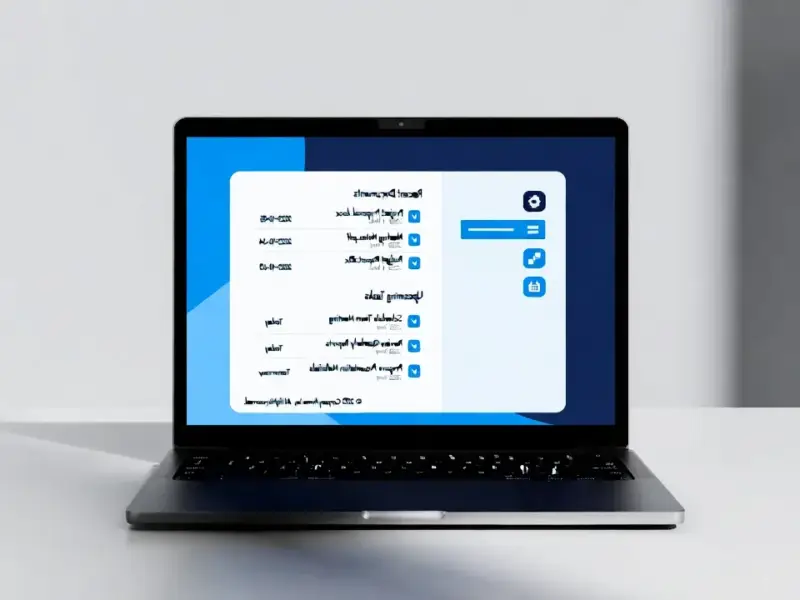According to TheRegister.com, an IEEE survey of 400 CIOs, CTOs and IT directors across Brazil, China, Japan, India, the UK, and the US reveals that demand for software development skills in AI-related roles has dropped 8 percentage points to just 32 percent compared to last year. Meanwhile, employers are increasingly seeking AI ethics expertise (44 percent, up 9 points), data analysis skills (38 percent, up 4 points), and machine learning capabilities. The survey found that 39 percent of respondents plan to use agentic AI to aid software development itself, creating a paradox where the technology may be replacing the very skills it requires. The top industries expecting significant AI transformation include software (52 percent), banking and financial services (42 percent), healthcare (37 percent), and automotive and transportation (32 percent). This data suggests we’re witnessing a fundamental restructuring of technical hiring priorities.
The Hiring Paradox Explained
What we’re seeing isn’t simply AI replacing developers—it’s a more complex transformation of the entire software development lifecycle. When Oracle’s CTO Larry Ellison claims most new code is AI-assisted, he’s describing a world where developers become orchestrators and validators rather than creators. The real skill shift is from writing code to designing systems, validating AI output, and ensuring architectural coherence. This explains why data analysis skills are rising in importance—someone needs to understand what the AI is producing and whether it meets business requirements. The dropping demand for pure coding skills reflects that the most valuable technical professionals will be those who can work with AI systems rather than compete against them.
Ethics Gap Becomes Critical
The 9-point surge in demand for AI ethics expertise reveals a growing recognition of the risks inherent in agentic systems. Unlike traditional software that follows deterministic paths, AI agents make autonomous decisions with potentially significant consequences. Companies are realizing they need professionals who can anticipate unintended behaviors, ensure compliance with evolving regulations, and prevent the kind of costly failures Gartner predicts when it estimates 40 percent of agentic AI projects will be abandoned by 2027. The ethics demand isn’t just about corporate responsibility—it’s about risk management in systems that can’t be fully predicted or controlled through traditional software engineering approaches.
Implementation Reality Check
The survey’s optimistic tone about AI transformation contrasts sharply with the practical challenges organizations face. When Forrester predicts businesses will “quietly rehire” employees displaced by AI efficiency moves, they’re highlighting the gap between theoretical capability and real-world implementation. The 70 percent error rate Gartner found in AI agent office tasks suggests we’re still in the early experimental phase. Companies rushing to replace developers with AI systems may discover that the cost of debugging and correcting autonomous systems exceeds the savings from reduced headcount. The most successful organizations will likely take a hybrid approach—using AI to augment human developers rather than replace them entirely.
Long-Term Implications
This hiring shift represents more than just temporary market adjustment—it signals a permanent change in how technology organizations structure their teams. The days of massive teams of junior developers writing boilerplate code are ending, replaced by smaller teams of senior architects working with AI systems. Educational institutions will need to radically overhaul computer science curricula to emphasize system design, AI validation, and ethical considerations over syntax mastery. Companies that successfully navigate this transition will build organizations where humans focus on strategic direction and creative problem-solving while AI handles implementation details—but getting there requires careful management of both technology and organizational change.




